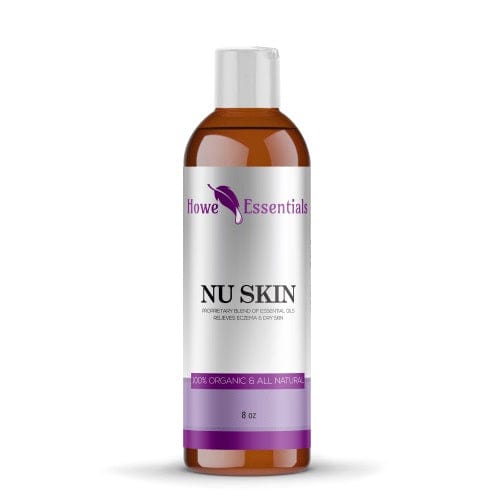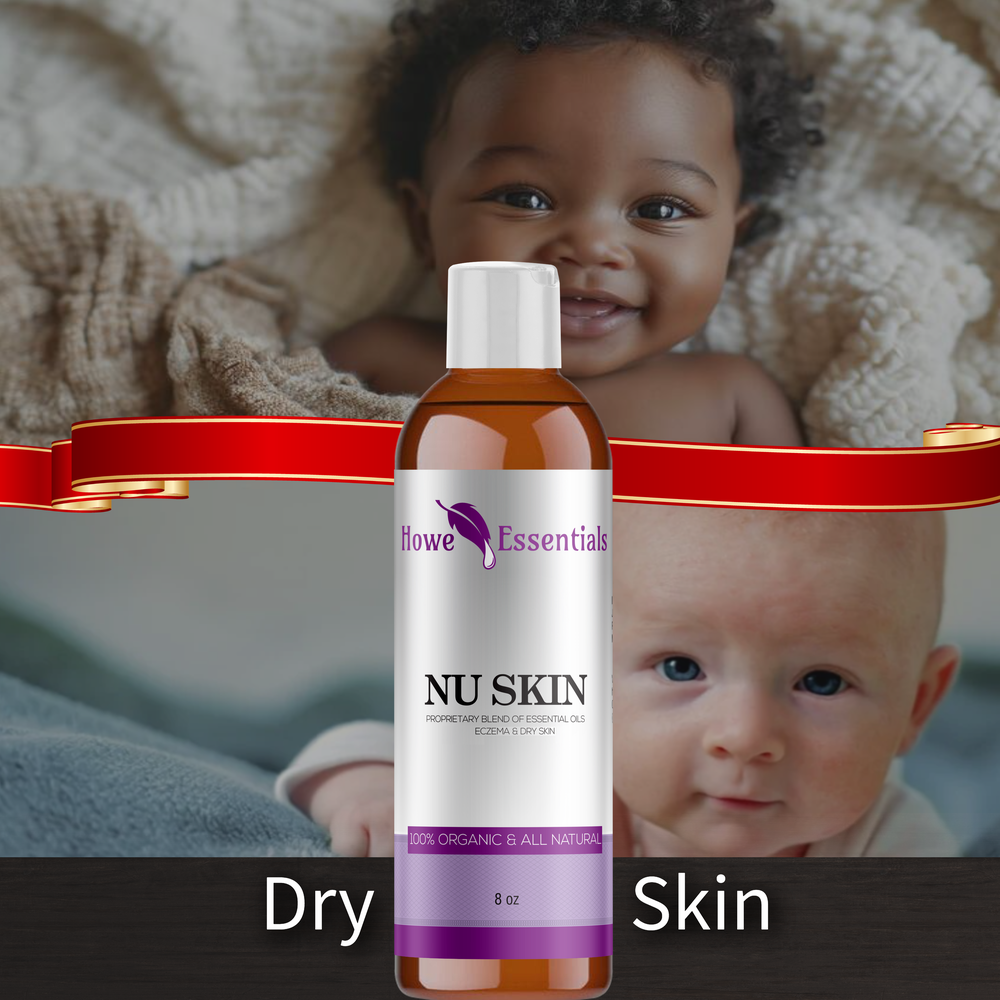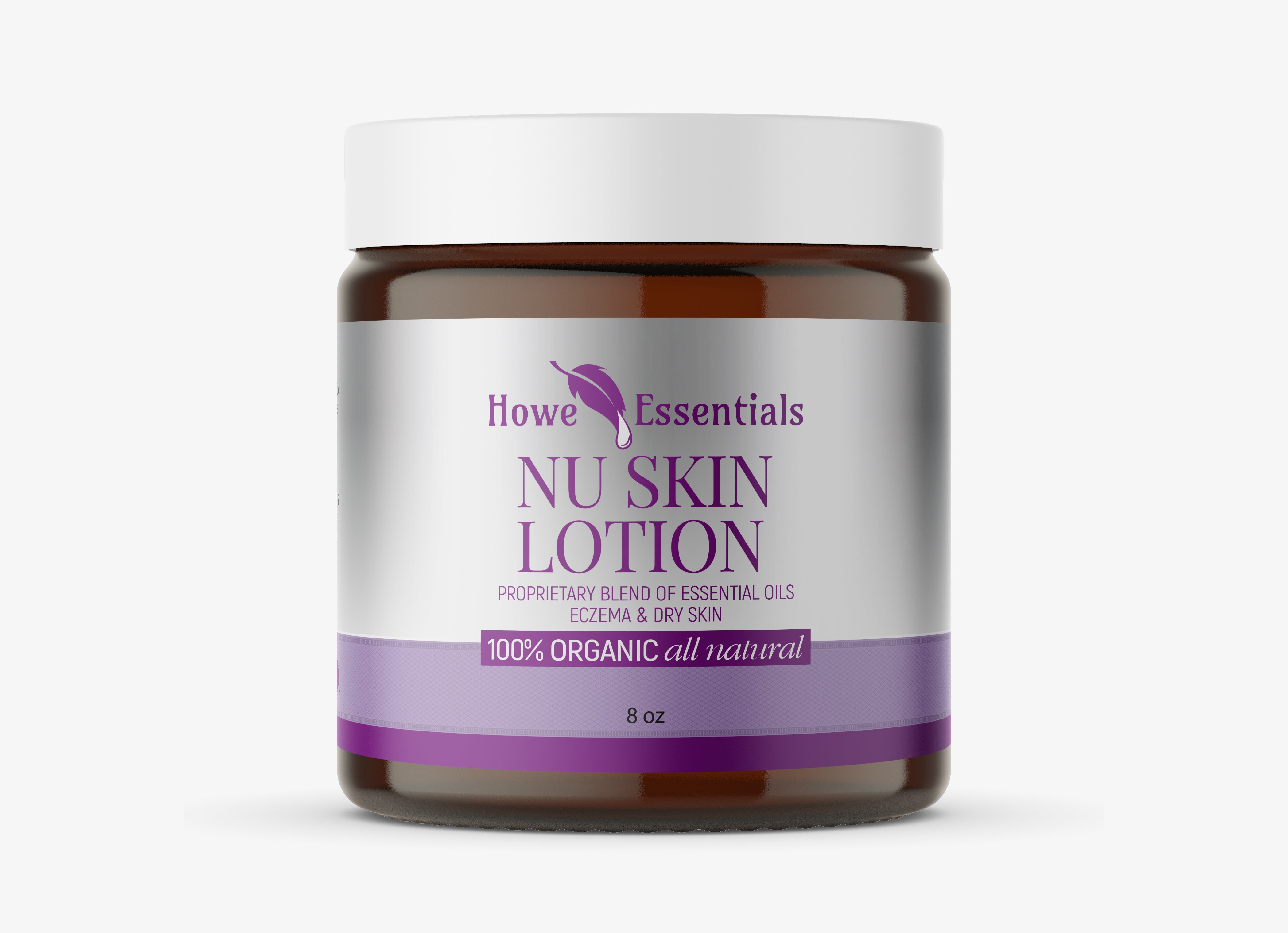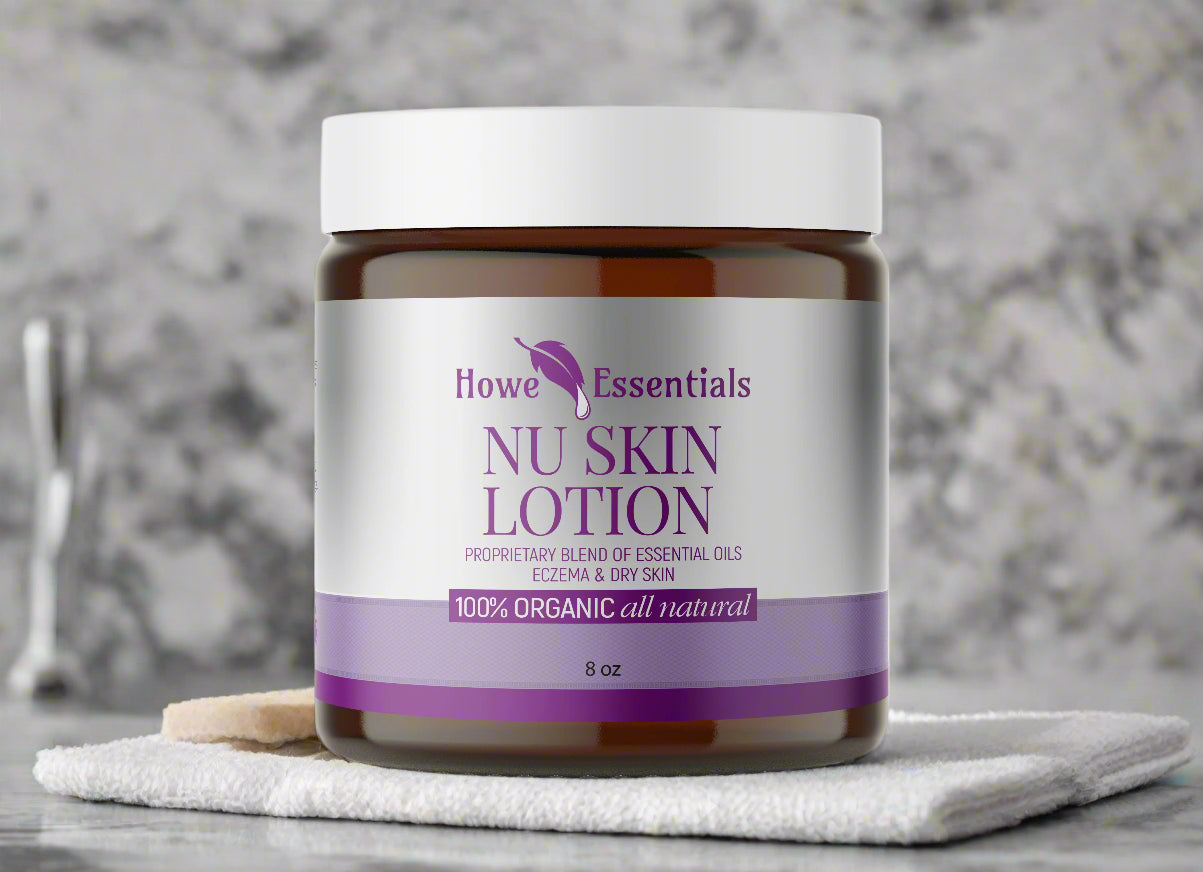
Discover Nature's Pharmacy: 10 Essential Oils with Powerful Antibacterial Properties

When you hear "essential oils," you might immediately think of calming spa days, aromatic diffusers, or perhaps a candlelit meditation session. But there's more to these fragrant oils than meets the nose. Beyond their soothing scents, essential oils pack a potent punch in the health department, offering relief from common ailments like nausea, headaches, and even sleep disturbances.
But did you know that some essential oils can rival antibiotics in their antibacterial prowess? These natural elixirs, when used correctly, can be formidable foes against harmful bacteria. Let's dive into the world of essential oils and discover ten that boast impressive antibacterial properties.
- Tea Tree Oil: Nature's Antibiotic
Tea tree oil isn't just a potent antifungal and antiviral agent; it's also a formidable antibacterial warrior. While it might not act as swiftly as some over-the-counter treatments, it's gentler on the skin, making it ideal for treating conditions like acne, ringworm, and athlete's foot. With a history spanning centuries, tea tree oil has been backed by numerous studies highlighting its myriad benefits. And the best part? It can complement the antibiotics your doctor prescribes.
- Chamomile Oil: Gentle Yet Effective
Roman Chamomile is your go-to for issues like eczema, diaper rashes, and ear infections. On the other hand, its German counterpart is an exceptional antiseptic, perfect for wound cleaning.
- Eucalyptus Oil: Breathe Easy
Facing respiratory issues? Eucalyptus oil might be your new best friend. Known to stimulate the immune system, it can help fend off viruses and bacterial infections, making it a must-have during flu season.
- Oregano Oil: More Than Just a Spice
Oregano oil is a powerhouse, rivaling even penicillin when it comes to treating staph infections. As bacterial resistance becomes a growing concern, oregano oil's effectiveness against formidable foes like salmonella, E. coli, and staph makes it invaluable.
- Lemongrass Oil: The Bacteria Blocker
Lemongrass doesn't just smell divine; it's a potent antiseptic. It's particularly effective against MRSA, a challenging-to-treat staph skin infection, by inhibiting bacterial growth.
- Thyme Oil: Timeless Protection
Thyme oil is a formidable opponent against bacteria like salmonella and even MRSA. Plus, it offers the benefits without the side effects often associated with antibiotic treatments.
- Bergamot Oil: The All-Rounder
Bergamot isn't just for tea. With its impressive antibacterial properties, it's effective against a range of infections, from UTIs to sepsis resulting from minor injuries.
- Lavender Oil: Soothing and Strong
Lavender might be synonymous with relaxation, but it's also a potent antibacterial agent. It not only boosts immunity but also keeps skin bacteria in check, preventing acne outbreaks.
- Grapefruit Oil: A Citrusy Shield
Grapefruit essential oil has been recognized for its effectiveness against bacterial strains like Staphylococcus aureus and E. Coli. It's an antimicrobial champion, reducing infection risks for wounds.
10. Cinnamon Oil: The Potent Protector
Cinnamon oil has shown promise in preventing bacterial growth, especially post-procedures like root canals. Some even consider it the most potent antibacterial essential oil, given its efficacy against bacteria like e.coli and staph.
Safety First: Using Essential Oils Responsibly
While essential oils are natural, they're also potent. To avoid adverse reactions, always dilute them with a carrier oil, such as coconut or almond oil. Remember, even in diluted form, their antibacterial power remains intact.
Incorporating these essential oils into your wellness routine can offer a natural, effective defense against bacteria. However, always consult with a healthcare professional before making any significant changes to your health regimen.




